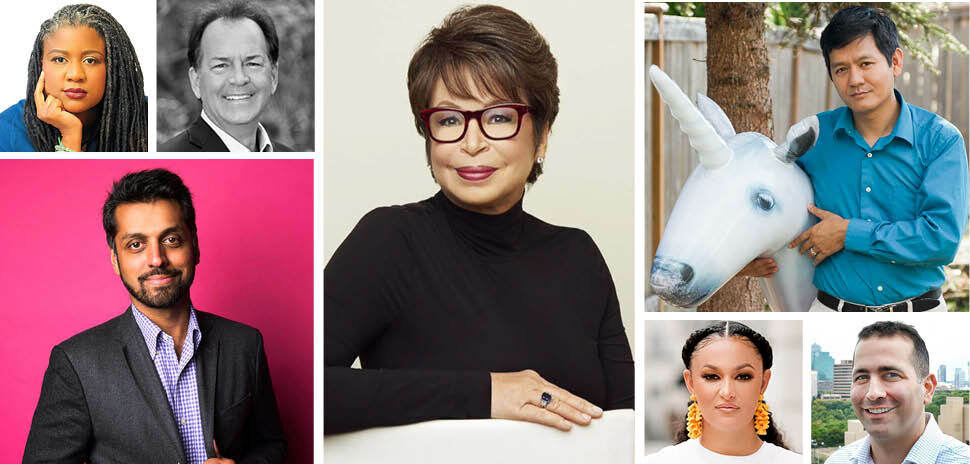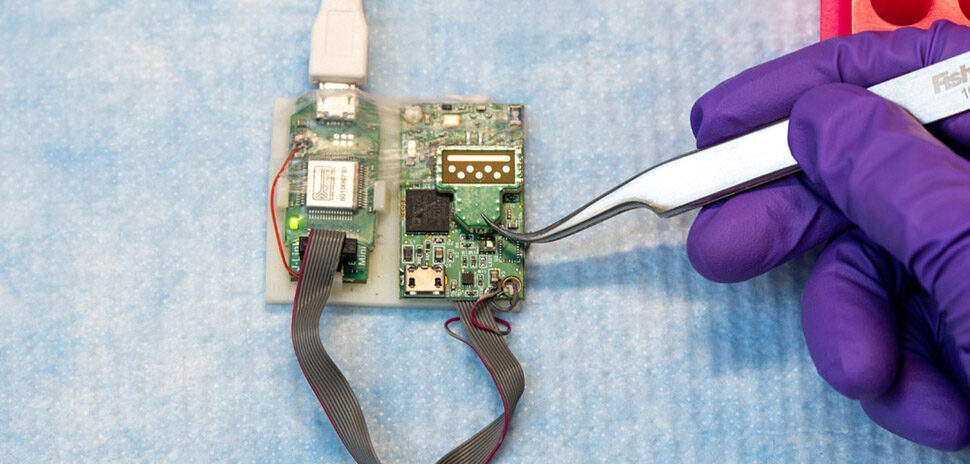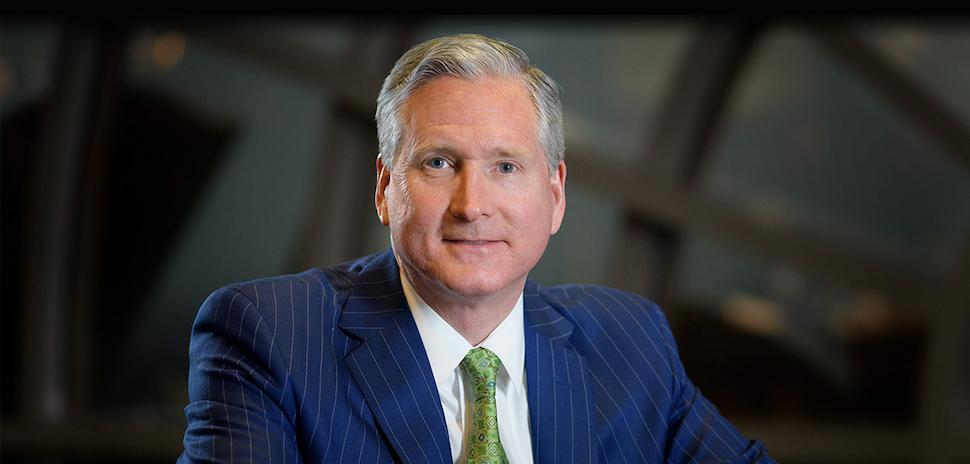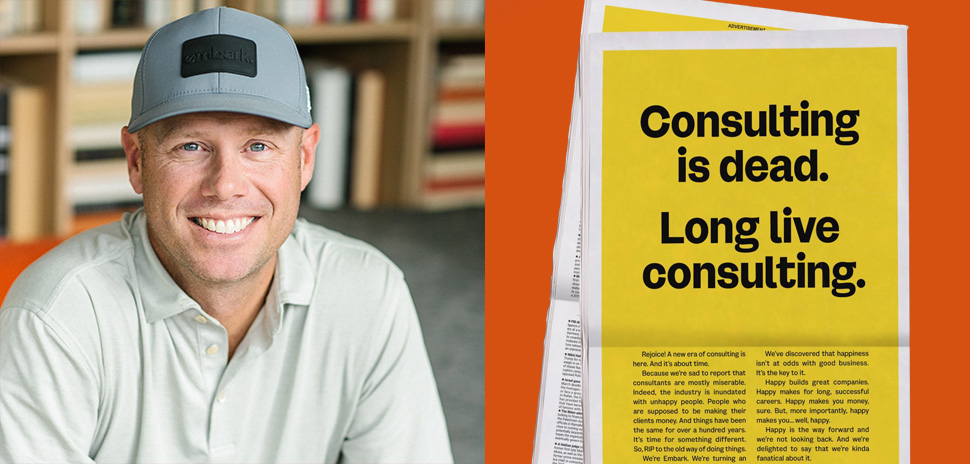Last year’s North Texas Smart Cities Summit foreshadowed the advent of autonomous vehicle technology, which is now operating in Frisco.
This year, the conference at the University of Texas at Dallas will highlight real-world examples of green power grids, buildings that self-regulate their environments, working smart cities, and new approaches to advanced emergency communications.
More than 300 Texas municipal officials, planners, IT experts, and transportation officials are expected to attend the Sept. 19 summit, running 8:30 a.m. to 5 p.m.
UPDATES ON PROGRESS
The event, in its second year, has provided updates on progress communities are making in integrating the use of data and technology into government operations. Panelists have also discussed the potential risks and considerations that are involved in collecting, analyzing, and using data for smart-city purposes.
“Last year was very transportation-focused,” says Mark Caracio, Managing Partner of Future Cities LLC, which is hosting and producing the event, adding that the U.S. Department of Transportation, Fort Worth-based Bell Helicopter, Uber, and others in that sector.
This year, Caracio said, the conference will emphasize speakers who have personal experience incorporating smart city technology — such as deploying LED lighting, air quality monitors, and incorporating traffic cameras and traffic data into traffic-control systems — into the workings of communities.
Leaders who are scheduled to discuss their experiences along those lines include Teri Takai—former CIO for the Department of Defense, and the states of California and Michigan—and Scott Cardenas, former CIO for the City of Denver.
“If your mission, role, or responsibility is to set the strategy and to enhance the livability of a community, or to be a planner or operator of one of these initiatives, you’ll be able to hear firsthand from thought leaders who are doing this,” Caracio said. “And what the opportunities and challenges are for those who are delivering it.”
Scheduled panelists include:
◊ Steve Berberich, CEO of California Independent System Operator (CAISO), operator of the bulk of California’s power grid. CAISO is on track to obtaining a third of its power needs from renewable sources by 2020. Roughly 18 percent of Texas’ energy needs come from green sources, according to the Scientific American;
◊ Jiri Skopek, Managing Director of Sustainability for Jones Lang LaSalle, where he serves as an expert in green-building architecture and renovation. Skopek created Green Globes — an online system that guides builders and developers on executing the most Earth-friendly ways to renovate existing properties and to build new properties;
◊ T.J. Kennedy, co-founder of The Public Safety Network, which is leading an effort to incorporate the use of Long-Term Evolution (LTE) high-speed wireless technology for mission-critical services, such as emergency responder communications;
◊ Frisco Mayor Jeff Cheney, Richardson Mayor Paul Voelker, and Carrollton Mayor Kevin Falconer will discuss their respective communities’ approaches and motivations for incorporating smart city strategies in city operations; and
◊ A keynote panel by individuals involved in an advanced town-center-style development planned for the UTD campus. Participants slated for the discussion include moderator Maher Maso (CEO of the Prosper Economic Development Corporation); Brian Bethea, General Manager of The Star; Don Braun, President of Hall Group; Robert Folzenlogen, SVP of Hillwood Properties; and Calvin Jamison, Vice President for Facilities and Economic Development at UTD.






































































